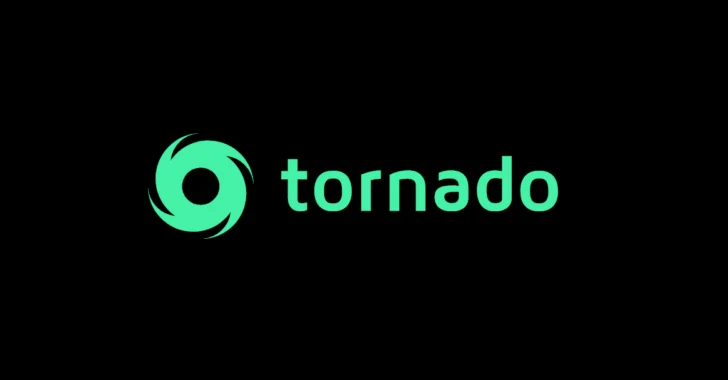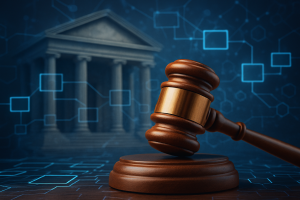Court Rules OFAC Exceeded Authority in Sanctioning Tornado Cash Smart Contracts.
In August 2022, the U.S. Office of Foreign Assets Control (OFAC) imposed sanctions on Tornado Cash, a cryptocurrency mixing service, accusing it of laundering over $7 billion in digital currency since its creation in 2019. OFAC stated that Tornado Cash played a key role in facilitating illegal activities, including money laundering for the North Korean hacking group Lazarus. However, on November 26, 2024, a ruling by the Fifth Circuit Court of Appeals overturned the sanctions, declaring that OFAC had exceeded its authority by targeting the immutable smart contracts associated with Tornado Cash.
The court’s decision emphasized that smart contracts, which are self-executing lines of code, cannot be considered “property” under the International Emergency Economic Powers Act (IEEPA). Since these smart contracts are decentralized and cannot be altered or controlled by any individual or entity, the court ruled that they fall outside OFAC’s jurisdiction.
The ruling effectively removes the sanctions imposed on Tornado Cash’s smart contracts, but it does not prevent OFAC from pursuing individuals or organizations that use these protocols for illicit activities.
This ruling marks a significant victory for the cryptocurrency sector, particularly for advocates of decentralized finance (DeFi) and open-source software. It clarifies the legal distinction between sanctioning individuals or organizations and sanctioning autonomous software protocols.
As Paul Grewal, Chief Legal Officer at Coinbase, noted, the court's decision allows U.S. individuals to once again access privacy-enhancing protocols like Tornado Cash.
While the court's ruling removes the sanctions on Tornado Cash's smart contracts, it still allows the government to take action against bad actors who exploit such decentralized systems.
The decision underscores the need for a balanced approach to regulating decentralized technologies, recognizing both the importance of privacy and innovation in the cryptocurrency space.
Tornado Cash is a decentralized, open-source cryptocurrency mixing service designed to enhance privacy by obfuscating transaction histories on the Ethereum blockchain. Launched in 2019, Tornado Cash allows users to deposit cryptocurrencies, mix them with others, and withdraw them to new addresses, making it more difficult to trace the original source of the funds. This privacy-enhancing feature has attracted both legitimate users seeking financial privacy and illicit actors looking to launder funds. Despite its potential for privacy protection, Tornado Cash faced sanctions from the U.S. Office of Foreign Assets Control (OFAC) in 2022 due to its alleged role in facilitating money laundering, including for the North Korean hacking group Lazarus. Tornado Cash operates through smart contracts, which are self-executing lines of code, and has become a focal point in debates surrounding decentralized finance (DeFi) and privacy in blockchain technologies.
US Supreme Court Poised to Allow Class-Action Lawsuit Against Nvidia Over Cryptocurrency Sales Misrepresentation





















